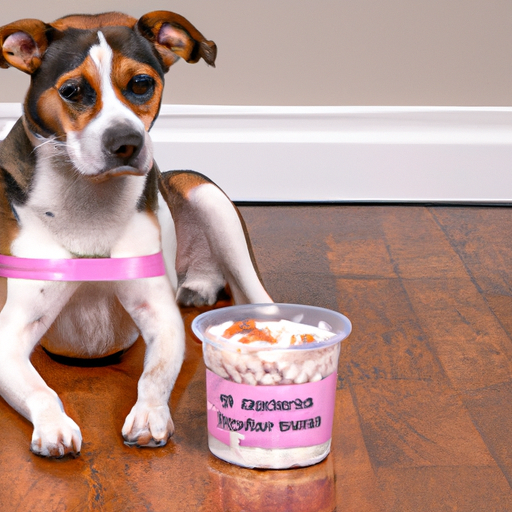Understanding the Bland Diet
As a loving caregiver, it’s crucial for you to understand what a bland diet for dogs entails. The sole purpose of a bland diet is to give your dog’s digestive system a break. It’s a simple diet consisting of easily digestible, low-fiber foods. It’s not meant for long-term use but can be a useful tool when your pet has an upset stomach or is recovering from illness.
What Constitutes a Bland Diet
A typical bland diet for dogs consists of:
- White rice: It’s gentle on the stomach and high in starch, which can help firm up stools.
- Lean, boiled chicken or turkey: It provides a low-fat source of protein.
- Pumpkin or sweet potato: These can be used as an alternative to rice. They are high in fiber and can help to firm up stools.
Here is a simple table to present the common components of a bland diet:
| Ingredient | Purpose |
|---|---|
| White Rice | High in starch, helps firm up stools |
| Chicken/Turkey | Low-fat source of protein |
| Pumpkin/Sweet Potato | High in fiber, helps firm up stools |
Determining the Right Quantity
The quantity of food to feed your dog on a bland diet depends on their size, age, and overall health status. As a general rule, start with feeding your dog small, frequent meals, roughly four times a day. The total amount should be about the same volume they would normally eat in a day.
Transitioning Back to Normal Diet
Once your dog’s symptoms improve, gradually reintroduce their regular food over 4-7 days. Start by mixing a small amount of their regular food with the bland diet. Gradually increase the proportion of their regular food while reducing the bland diet. This transition is critical to prevent a recurrence of digestive upset.
Creating a Balance
While the bland diet is beneficial in certain circumstances, it’s not nutritionally complete for long-term use. It lacks certain vitamins, minerals, and other nutrients necessary for your dog’s overall health. Thus, if your dog needs to be on a bland diet for more than a few days, consult your vet to discuss balanced diet options.
FAQ
Q1: Can I use brown rice instead of white rice?
While brown rice is generally healthier, white rice is easier to digest and is therefore recommended for a bland diet.
Q2: Can I add seasoning to the food?
No, seasonings can irritate your dog’s stomach. The food should be served plain.
Q3: My dog doesn’t like pumpkin. Any alternatives?
Sweet potatoes can be a viable alternative. They have similar properties to pumpkin.
Q4: How long should my dog be on a bland diet?
Typically, a dog should be on a bland diet until symptoms improve, which usually takes 2-3 days. However, always consult with your vet.
Q5: How will I know when to transition back to a regular diet?
Once your dog’s symptoms improve, and they have had normal bowel movements for at least 24 hours, you can start the transition.



